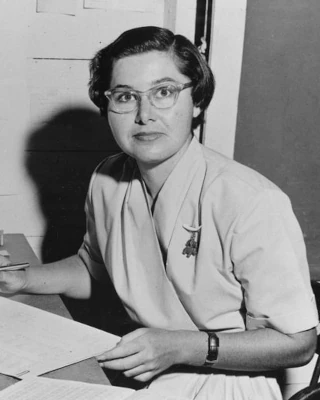
Vera Rubin is best known for her pioneering work on the Rotation Curves of Galaxies, a groundbreaking discovery that led to the identification of dark matter.
In the 1970s, Rubin observed that the rotation speed of stars in galaxies did not match the visible distribution of matter. This observation suggested the existence of an invisible form of matter exerting a gravitational influence on the galaxies, a phenomenon now known as dark matter.
Rubin used telescopes to measure the rotation speed of stars in several galaxies. She found that, contrary to classical models, stars located at the edges of galaxies were moving too fast to be held in place by visible matter alone. This suggested the presence of invisible matter exerting sufficient gravity to explain this anomaly.
This discovery was crucial in formulating the theory of dark matter, a mysterious component of the universe that makes up about 27% of the total mass and energy of the universe.
Rubin's work profoundly changed our understanding of the universe. By showing that visible matter alone could not explain the motion of galaxies, she paved the way for research into the nature of dark matter, which remains one of the most important mysteries in cosmology.
Despite her major discoveries, Vera Rubin did not always receive the recognition she deserved from the scientific community, especially due to the sexist prejudices of her time. However, her work was later praised and recognized, and she is now considered one of the most influential astrophysicists of the 20th century.
Her legacy endures through ongoing research into dark matter and the structure of the universe, and she has inspired many generations of scientists, particularly women in science.
Rubin did not publish many popular books, but her discoveries were widely published in scientific journals. Her work played a central role in the evolution of modern cosmology and continues to influence contemporary research on dark matter and the expanding universe.